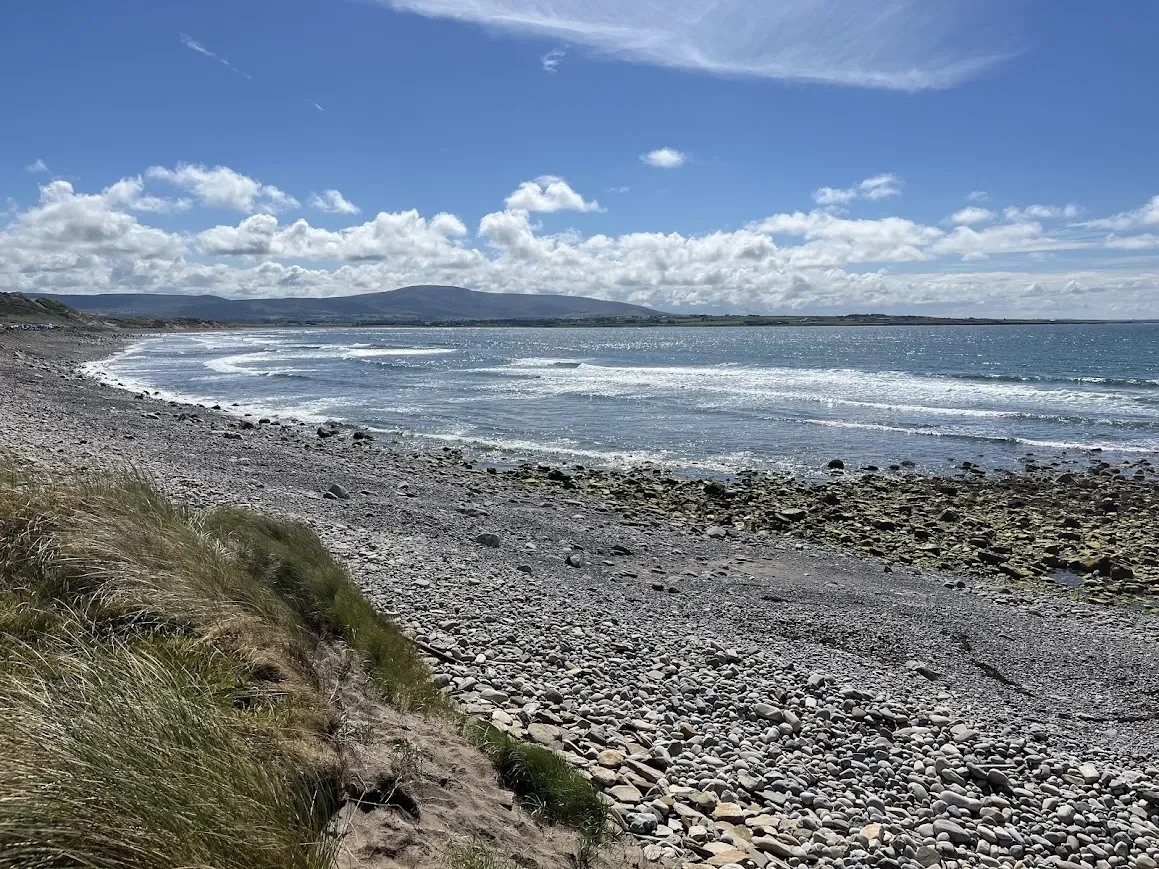

Advancing Ocean Water Quality Monitoring: The Achievements of the I-SECURE Project
Good ocean water quality is essential for maintaining ecological balance and public health. However, contaminants of emerging concern (CECs) continue to pose challenges for monitoring and regulation. The I-SECURE project, led by Dublin City University (DCU) Water Institute, in collaboration with the Marine Institute, University of Portsmouth, ReceTox, and Agilent, has worked to create new methodologies to determine CECs in marine waters with enhanced precision and efficiency.
Addressing the Challenge of Contaminants of Emerging Concern in the Marine Environment
CECs encompass a wide range of chemical pollutants, pharmaceuticals, and personal care products that enter water bodies through various sources. These substances can disrupt aquatic ecosystems and human health, with some acting as endocrine disruptors (EDCs)—compounds that interfere with hormonal functions. Even at extremely low concentrations, EDCs can contribute to reproductive issues in aquatic organisms, population declines, and long-term environmental contamination.
In addition to their ecological impact, CECs present risks to human health through contaminated drinking water and food sources. Their persistence in marine environments can lead to increased water treatment costs, regulatory challenges, and economic burdens on fisheries and coastal communities. The detection and mitigation of these substances require systematic scientific and regulatory approaches to ensure environmental sustainability.
Advancements in Ocean Monitoring
To address these challenges, the I-SECURE project has deployed the Dynamic Passive Sampler (DPS)—an innovative tool designed to efficiently screen for CECs in marine environments. Traditional sampling methods often struggle to collect reliable data in deep or remote waters, making long-term monitoring difficult. The DPS overcomes these limitations by enabling researchers to collect marine samples more rapidly, even from areas previously difficult to access.
Key Milestones of the Project
- Deployment of the DPS into the Atlantic Ocean, off Ireland’s west coast, marking a significant advancement in offshore contaminant monitoring.
- Development of high-value data on CEC prevalence in Irish coastal waters, supporting environmental risk assessments.
- Enhancement of detection methods using advanced analytical techniques such as liquid chromatography-mass spectrometry (LC-MS) to improve pollutant identification.
- Guidance for policy development and public awareness initiatives, assisting Ireland in aligning with national and international water quality standards.
- Support for engineering and environmental sectors, providing crucial data for the development of pollution prevention technologies.
Future Implications
The ability to monitor CECs in real-time and across extensive marine areas is set to transform marine pollution mitigation efforts and water management strategies. By identifying pollution hotspots and assessing long-term risks to develop a low-cost passive monitoring system, the I-SECURE project is contributing to the protection of Ireland’s coastal waters for public health, biodiversity and environmental sustainability.
